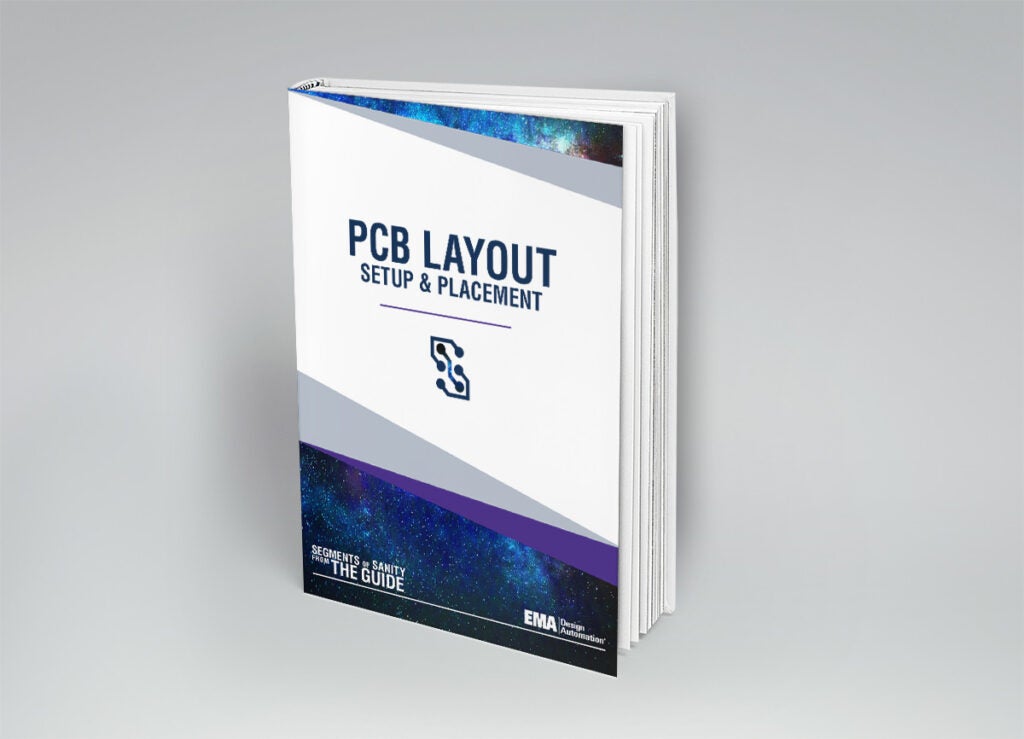Today, smart electronics are expanding functionality and driving product capabilities across virtually all industries. These processor-based systems depend upon accurate and fast access to RAM storage to meet operation and performance demands. By far, the most common storage type implemented to fill this need is double-data rate (DDR) memory.
The speed and accuracy advantages of DDR implementation are substantial and continue to evolve. These advancements come with compliance challenges that must be overcome and verified by testing. Achieving DDR compliance to industry guidelines and standards is the best way to demonstrate the quality of your design, and is the key to acceptance and success of your electronic product.
This eBook answers the following questions:
- What is the JEDEC criteria for achieving DDR compliance?
- How to measure the required performance metrics during PCB layout and analyze results against JEDEC specifications to ensure your board will successfully pass DDR compliance testing?
- What trade-off decisions need to be considered when selecting DDR or LPDDR devices for your PCB designs?
- How to effectively overcome DDR and LPDDR design challenges, like physical and material constraints, PCB layout optimization, and timing and synchronization issues?
- What Sigrity analysis tools help you verify your design meets the criteria for DDR compliance during design?
- How Sigrity continues to ensure that your designs are achieving DDR compliance as they grow in complexity and scale.











